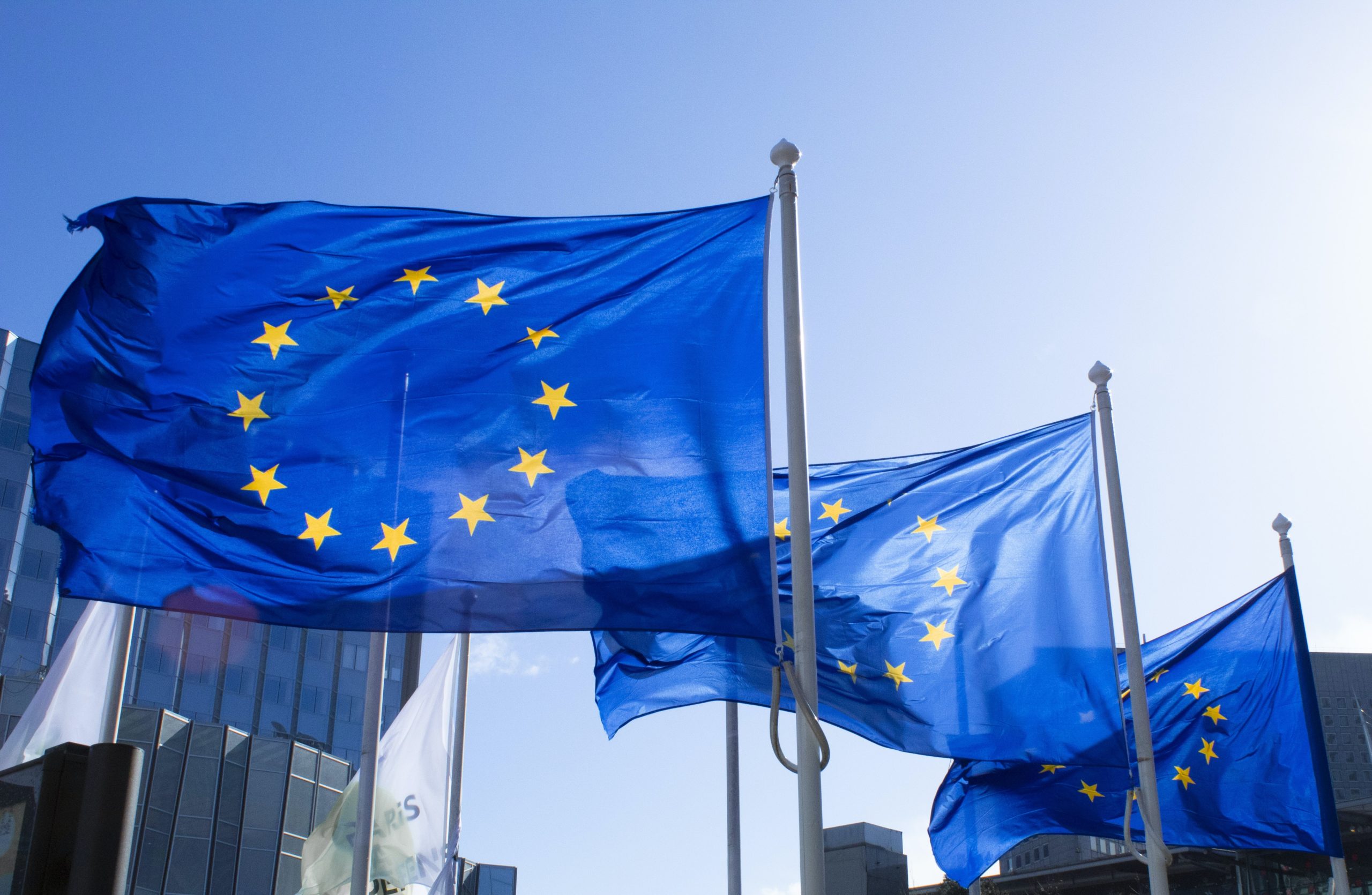Thursday, 15th of December 2022, will mark a historic day for Bosnia and Herzegovina. It is now confirmed that the decision to approve BiH as an EU candidate country has been approved by the leaders of the EU´s member states who gathered for a summit in Brussels.
The acceptance of Bosnia and Herzegovina as a candidate country marks a significant step in the country’s efforts to become a member of the EU. Now, as part of the candidacy process, Bosnia and Herzegovina must continue harmonising its policies with the EU acquis. This includes harmonising environmental policy and ensuring that Bosnia and Herzegovina is following the standards as other member states and can participate fully in the EU’s environmental policy. This would also help the country improve its environmental performance, as the EU strongly commits to sustainability, climate action, and environmental protection.
Significant improvements are already in process. After almost three years of development, BiH is on track of getting its first-ever countrywide environmental strategy and action plan. The document is a critical tool for the relevant authorities in BiH to improve the environment and contribute to BiH’s EU membership aspirations and the health and well-being of the country’s population.
According to Stockholm Environment Institute expert and BiH ESAP project manager Bernardas Padegimas, it is an important milestone that the EU set BiH as a candidate country: “We welcome this decision as a positive development. However, the most complicated and intense process is still ahead, meaning BiH needs to prove its aspirations in practice. BiH first ever country-wide Environmental Strategy and Action Plan (BiH ESAP) will support BiH on its way to becoming a member of the EU as, once the document is adopted, it will support BiH with concrete measures and activities to improve the environmental governance in BiH.”
From the very beginning of the BiH ESAP development process, the EU environmental acquis was taken as a framework for the new environmental strategy because this is the set of laws, regulations, and standards all member states must comply with to be part of the EU. Therefore, all the thematic areas of ESAP comprehensively cover the main elements of the EU environmental acquis while also corresponding with the sectoral management structures that already exist within BiH.
Overall, becoming an EU candidate country is a positive step forward for BiH, but it also means that BiH needs to show a strong dedication to further commitment and reforms. Stockholm Environment Institute is looking forward to keeping supporting BiH on this path.







